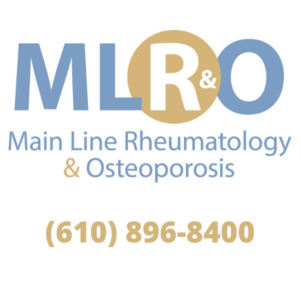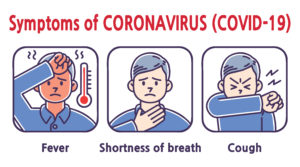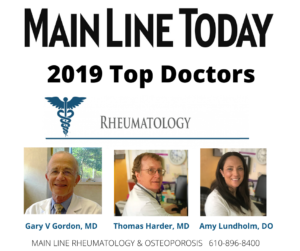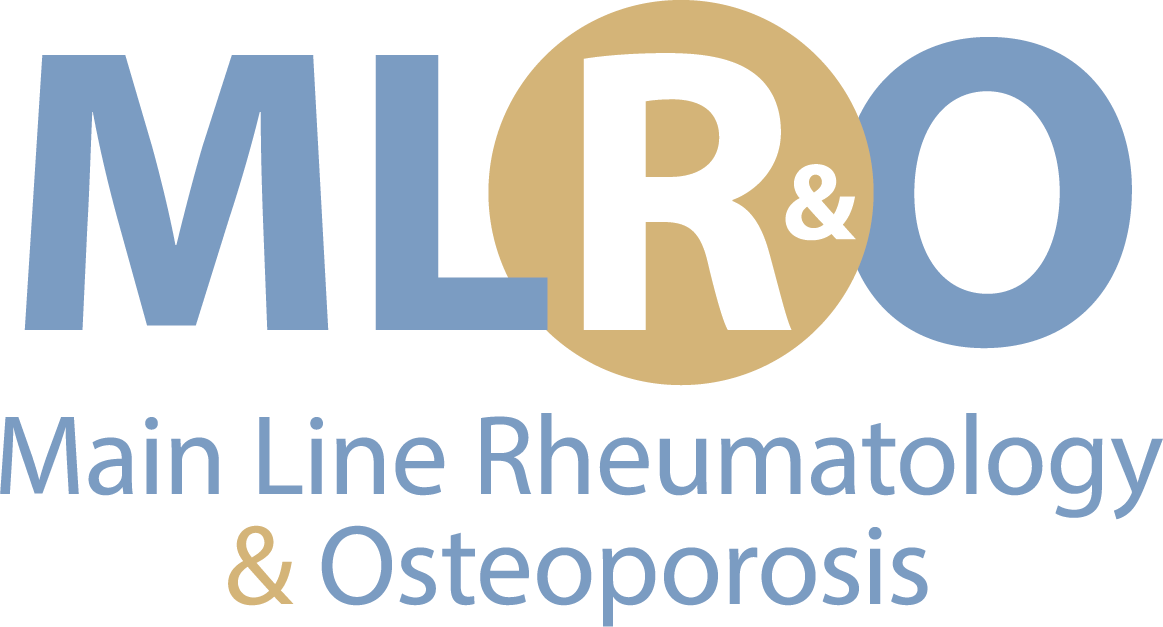FOR IMMEDIATE RELEASE
October 28, 2019 Wynnewood, PA… Gary V. Gordon, MD, FACP, FACR, owner of Main Line Rheumatology practice, and chief of Rheumatology, Lankenau Medical Center, announces that Main Line Rheumatology is now called, Main Line Rheumatology & Osteoporosis.
Only our name has changed! The practice of Main Line Rheumatology & Osteoporosis is still independently owned, and its doctors, staff and office locations at Lankenau Medical Center, and Main Line Health Center, in Broomall remain the same.
Why the practice name change? Dr. Gary Gordon said, “Over the last number of years, we have seen a dramatic rise in the number of osteoporosis patients we see, and patients with osteopenia or other fracture risks. Osteoporosis has become our rheumatology practice’s largest growing sub-medical specialty. Adding “osteoporosis” to Main Line Rheumatology, creates a more defining description of our practice, today.”
Osteoporosis is a common rheumatology disease.
According to recent statistics from the National Osteoporosis Foundation, osteoporosis is responsible for an estimated two million broken bones per year, yet nearly 80 percent of older Americans who suffer bone breaks are not tested or treated for osteoporosis. Approximately 10 million Americans have osteoporosis and another 44 million have low bone density, placing them at increased risk. One in two women, and up to one in four men over age 50, will break a bone due to osteoporosis.
Dr. Gordon added, “Our doctors and staff are committed to treating our osteoporosis patients. I encourage individuals who have noticeable symptoms (i.e. back pain, fractured or collapsed vertebra, loss of height over time, stooped posture, or a bone that breaks much more easily than expected) to make an appointment with a rheumatologist for diagnosis. Pro-active testing and treatment could stave off fractures, or full-blown disease.”







